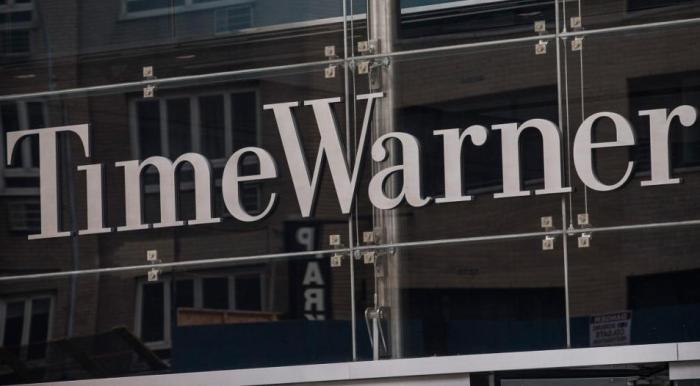Time Warner CEO Jeff Bewkes has explained why the cable company’s merger with telecom operator AT&T is important to compete for advertising revenue with internet companies such as Google and Facebook.

Jeff Bewkes informed Judge Richard Leon that the U.S. Justice Department was wrong to say that American telecom operator AT&T would be reluctant to license Time Warner’s TV and movie content to rivals, causing blackouts, in order to win over new customers to AT&T subsidiary DirecTV, Reuters’ Diane Bartz, Jessica Toonkel reported.
Judge Richard Leon will decide the fate of the $84.5 billion deal between AT&T and Time Warner. Jeff Bewkes has been CEO of Time Warner for more than 10 years.
Main facts
Time Warner will lose money from lost subscriptions and advertising if its channels are not in distribution.
Two percent of subscribers would drop their pay TV subscription because of a blackout, far below the 12 percent estimated by an economist for the government who testified earlier in the trial.
Time Warner will license its television channels, which range from movies to CNN to sports, broadly online, to protect its financials.
Time Warner faces huge challenges in making innovation and generating advertising revenue because it does not have the granular information about viewers held by pay TV and internet companies.
Time Warner’s automobile customers can use digital advertising targeting at people looking to actually buy a car. At present, Time Warner has limitations because they do not track their customers.
AT&T has said a key benefit of owning Time Warner is that it can take data about its 141 million U.S. wireless subscribers and 25 million video subscribers and marry it with Time Warner’s programming to enable advertisers to target TV ads.
Targeted TV could represent more than $100 billion in revenue by 2030 for companies that offer it, according to an April Credit Suisse report, which called it “a largely overlooked benefit of the AT&T/Time Warner transaction.” The ads can be sold at triple the price of regular ads.
There is a need for health competition to check the dominance of Google and Facebook in digital world.
Advertisers’ spending on TV ads in 2018 is expected to be around $70 billion, a 1.45 percent increase from three years ago, according to research firm eMarketer.
Smaller pay TV companies demand access to Time Warner’s movies and television shows to ensure revenue growth.





